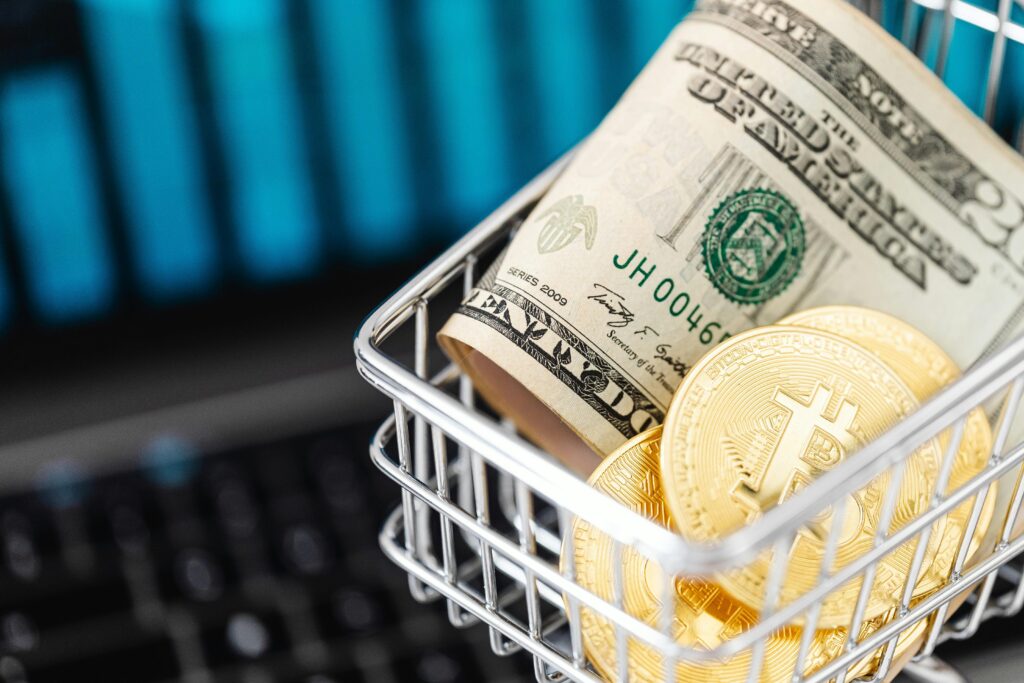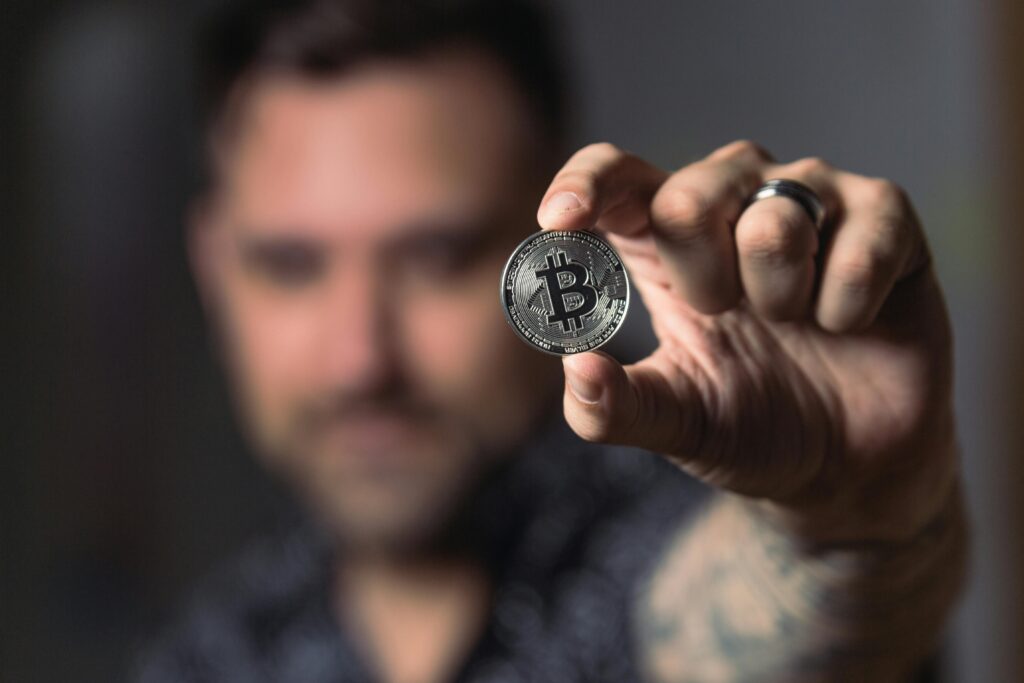Introduction
Back in 2017, buying a coffee with Bitcoin felt like science fiction. In 2025, crypto payments are becoming part of daily life. From groceries to travel tickets, more businesses accept digital currencies directly or through payment apps. Let’s see how crypto is being used every day around the world.
1. Retail Shopping with Crypto
- Major retailers now integrate crypto payment gateways.
- Customers can pay using Bitcoin, Ethereum, or stablecoins.
- Payment processors instantly convert crypto to local currency if needed.
Example: Buying clothes at a global store chain with USDT via a phone app.

2. Food, Coffee, and Restaurants
- Many coffee shops and restaurants now accept crypto.
- QR code payments make transactions instant and simple.
- Stablecoins reduce price volatility issues.
Example: Paying for a Starbucks latte in 2025 with a crypto wallet app.
3. Travel and Transportation
- Airlines, hotels, and booking platforms accept crypto.
- Some taxis and ride-sharing apps support direct crypto payments.
- Crypto cards (Visa/Mastercard-linked wallets) make spending seamless.
Example: Booking a flight to Paris and paying in Bitcoin.
4. Online Services and Subscriptions
- Streaming platforms, VPNs, and e-learning sites take crypto.
- Some SaaS companies offer discounts for paying in digital currencies.
- Decentralized platforms even use token-based subscriptions.
Example: Subscribing to an online course and paying in Ethereum.
5. Challenges of Everyday Crypto Payments
- Volatility: Paying with Bitcoin today could mean losing/gaining value tomorrow.
- Adoption Gaps: Not all countries support crypto yet.
- Regulation: Some governments tax crypto payments heavily.
Example: A restaurant removing crypto payments due to regulatory pressure.

Conclusion
In 2025, crypto payments are no longer niche — they’re becoming part of everyday commerce. While stablecoins and crypto cards make adoption easier, the biggest challenge remains regulation and awareness. Still, the future of money is moving toward digital wallets and borderless payments.